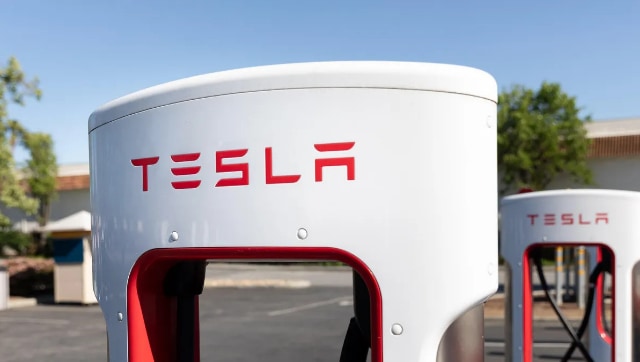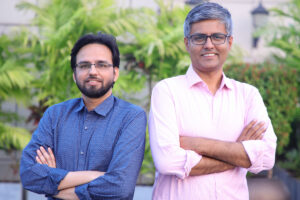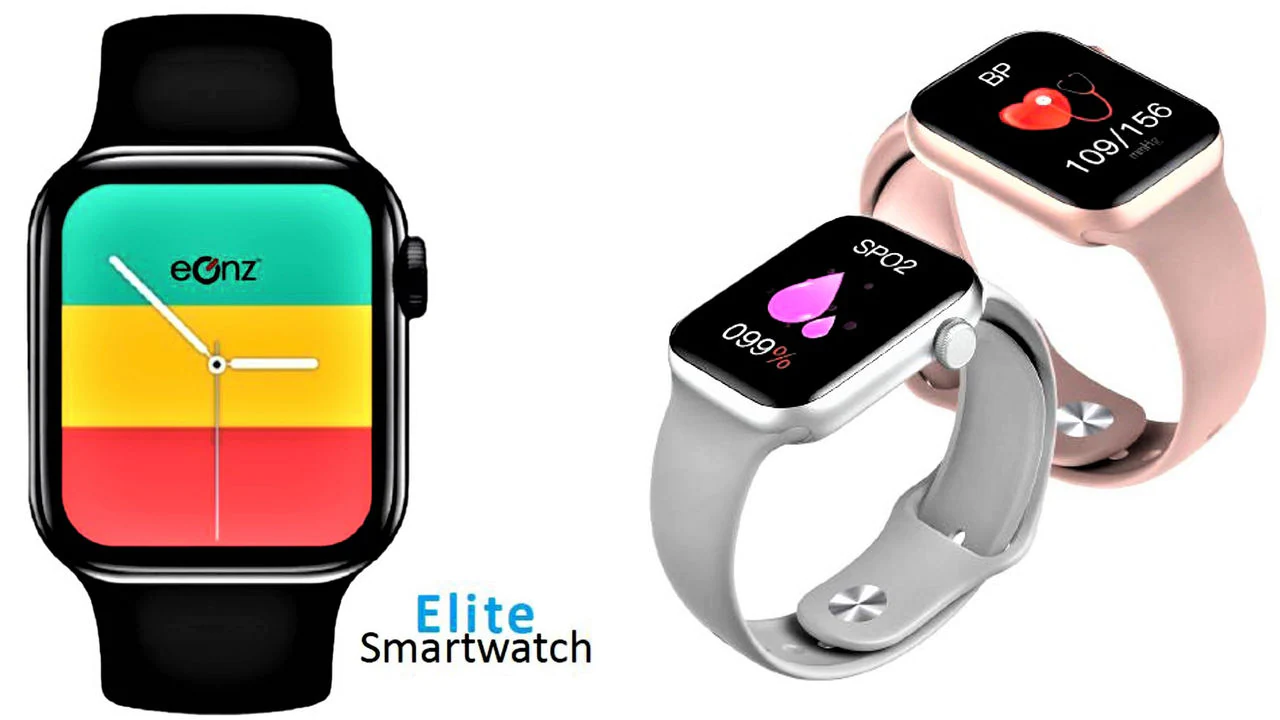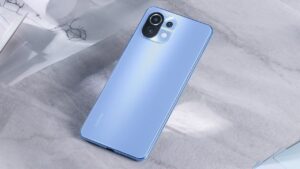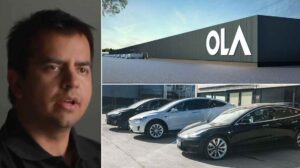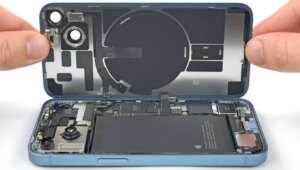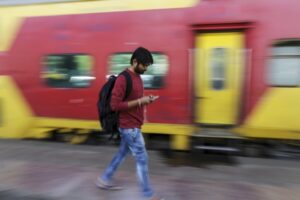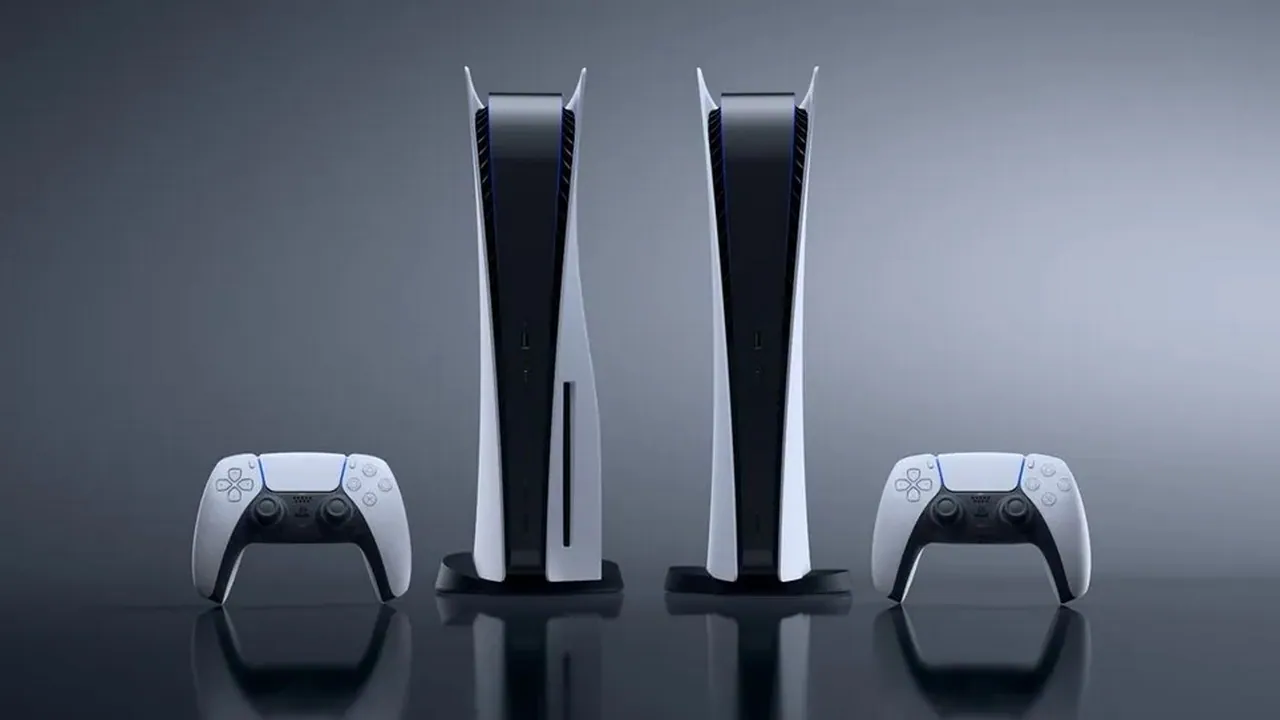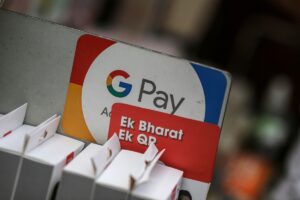Mehul Reuben DasMay 16, 2023 13:03:59 IST
Tesla owners have initiated a lawsuit against the company led by Elon Musk, alleging that their vehicle batteries were rendered useless due to poorly executed automatic software updates. According to the lawsuit, in certain instances, the plaintiffs were forced to purchase new batteries, which cost them up to $15,000, to replace the ones that had been rendered inoperable by the “faulty software.”
The Tesla owners argue that these software updates were implemented without prior notice and resulted in a reduction of their vehicles’ driving range by at least 20 per cent. Furthermore, a few of the owners had to spend between $500 and $750 to reverse the problematic update, as stated in the lawsuit.
A class action lawsuit for over the faulty software
The attorneys representing the plaintiffs mentioned that the class action lawsuit pertains specifically to Tesla’s Model S and Model X vehicles. Additionally, based on the public response to this class action, it appears that other Tesla owners may have also been impacted.
Steve Berman, an attorney representing the Tesla owners, expressed that there has been significant interest in the case. He also mentioned their prior success in a similar case against Tesla.
The recent lawsuit argues that when car owners purchase vehicles, they expect that unforeseen events like weather, accidents, or flat tires may affect performance and result in costly repairs. However, they do not anticipate the car manufacturer itself intentionally and significantly interfering with the vehicle’s performance through software updates that reduce its operating capacity.
Faulty updates becoming more and more common for Tesla owners
It is worth noting that previous lawsuits against Tesla have made similar allegations regarding problematic software updates. For example, a case filed in August 2019 claimed that Tesla deceived customers by imposing an artificial software limitation on the usable kilowatt hours (kWh), thereby restricting the ability to charge the battery cells to their normal levels.
In response to the 2019 case, Tesla’s attorneys promptly moved to settle and ultimately offered compensation of $625 per eligible party involved in the lawsuit. During the case, Tesla’s external counsel, Sean P. Gates, acknowledged through that data from Tesla indicated that around 1,743 Model S vehicles from 2012 to 2016 in the United States experienced a 10 per cent voltage limitation due to a bug in a software update in May 2019. Gates reported that the issue had been addressed in subsequent software updates during the following ten months.
In recent months, there has been controversy surrounding the software updates implemented on Tesla vehicles, both domestically and internationally.
Last week, Tesla announced a recall of 1.1 million vehicles in China, which accounts for nearly a quarter of all Tesla vehicles on the road, to address issues with the regenerative braking system. Critics from consumer safety groups argue that this automated braking system, aimed at energy conservation, has caused accidents by conflicting with the driver’s inputs through the traditional foot pedals.
Musk upset by the term ‘recall’
Elon Musk has downplayed the significance of software update problems. In February, he criticized the United States National Highway Transportation Safety Administration (NHTSA) for labelling any Tesla issue that could be resolved through a software update as a “recall,” regardless of the circumstances. Musk expressed his disagreement via Twitter, stating that the term “recall” is outdated and inaccurate for over-the-air software updates.
The NHTSA defines a recall as a measure taken when a vehicle, equipment, car seat, or tire poses an unreasonable safety risk or fails to meet minimum safety standards, as determined by regulators or the manufacturer. The agency clarifies that it only requires manufacturers to repurchase vehicles from owners in rare cases.
Steve Berman, one of the attorneys representing the Tesla owners in the new class action lawsuit, commented on the recall debate, considering it an interesting question but ultimately a semantic issue with no legal significance. Berman highlighted that consumers are more concerned about the impact on their cars rather than how it is characterized. In this case, the adverse effect is on the battery, which is a crucial selling point for electric vehicles.
Read all the Latest News, Trending News, Cricket News, Bollywood News,
India News and Entertainment News here. Follow us on Facebook, Twitter and Instagram.

